Electric Vehicles and the Future of the Automotive Industry
The automotive industry is undergoing a significant transformation as electric vehicles (EVs) emerge as a driving force for change. With increasing concerns about climate change, air pollution, and the depletion of fossil fuels, electric vehicles have emerged as a viable solution for a sustainable future. This article explores the rapid advancements in electric vehicle technology, the environmental benefits they offer, the challenges associated with infrastructure and charging networks, the role of government policies and incentives in driving their adoption, the growing market trends and consumer demand, the impact on the automotive industry, and the exciting innovations and possibilities that lie ahead. Join us as we delve into the fascinating world of electric vehicles and explore their potential to reshape the future of transportation.
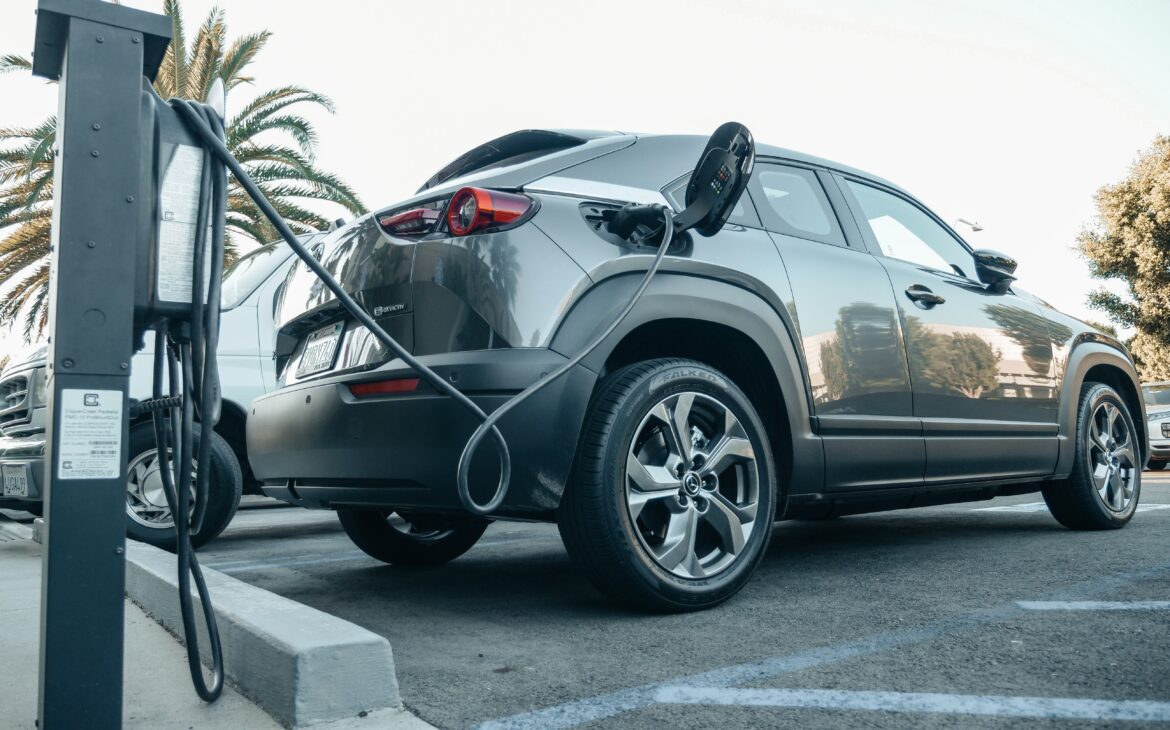
1. Introduction: The Rise of Electric Vehicles in the Automotive Industry
Understanding the Shift: An Overview of the Electric Vehicle Market
The automotive industry is experiencing a seismic shift, and it’s not just because of that pothole you hit on your morning commute. Electric vehicles (EVs) have been steadily gaining popularity and transforming the way we think about transportation. With their sleek designs, whisper-quiet engines, and eco-friendly appeal, EVs are quickly becoming the darlings of the automotive world.
But what exactly is the electric vehicle market all about? Well, buckle up because we’re about to take a quick joyride through the industry. EVs are vehicles that run purely on electricity, ditching the need for conventional fossil fuels like petrol or diesel. Instead, they rely on rechargeable batteries to power an electric motor.
This market has seen tremendous growth in recent years, with major automakers like Tesla, Nissan, and Chevrolet leading the charge. EVs are no longer just a niche product for eco-warriors and tech geeks; they’re becoming more accessible and mainstream. Thanks to advancements in technology, improved infrastructure, and a greater emphasis on sustainability, the future of the automotive industry is looking pretty electrifying.
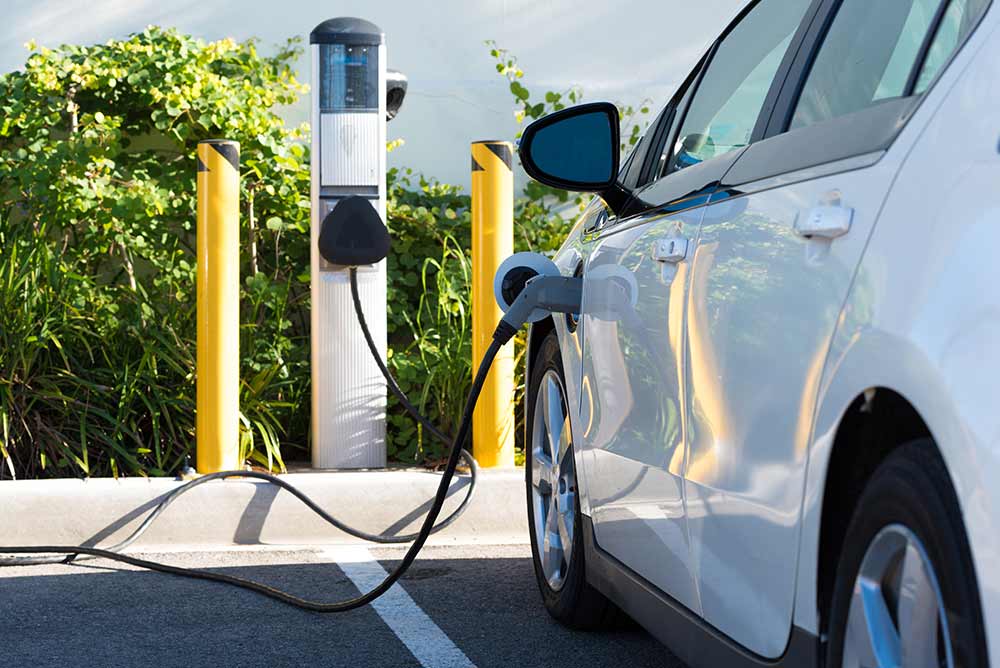
2. Advancements in Electric Vehicle Technology: Battery Technology and Range
Electric Vehicle Batteries: Evolution and Innovations
One of the key areas driving the electric vehicle revolution is battery technology. Gone are the days of clunky, heavy batteries that limited the range and performance of EVs. Today, we have sleek, high-capacity lithium-ion batteries that give Tesla a run for their money.
Battery technology has come a long way, and it continues to evolve at lightning speed. Manufacturers are constantly working on innovations to improve battery efficiency, durability, and affordability. From solid-state batteries to advanced cathode materials, the future of electric vehicle batteries is brighter than ever.
Improving Range: Challenges and Solutions
But even with all these advancements, range anxiety remains a common concern for potential EV buyers. Nobody wants to end up stranded on the side of the road with a dead battery. Fortunately, the industry is addressing this challenge head-on. Fast-charging stations are popping up like mushrooms after a rainstorm, and carmakers are developing EVs with longer ranges. With every passing year, the distance an EV can travel on a single charge is increasing, making them more practical for everyday use.
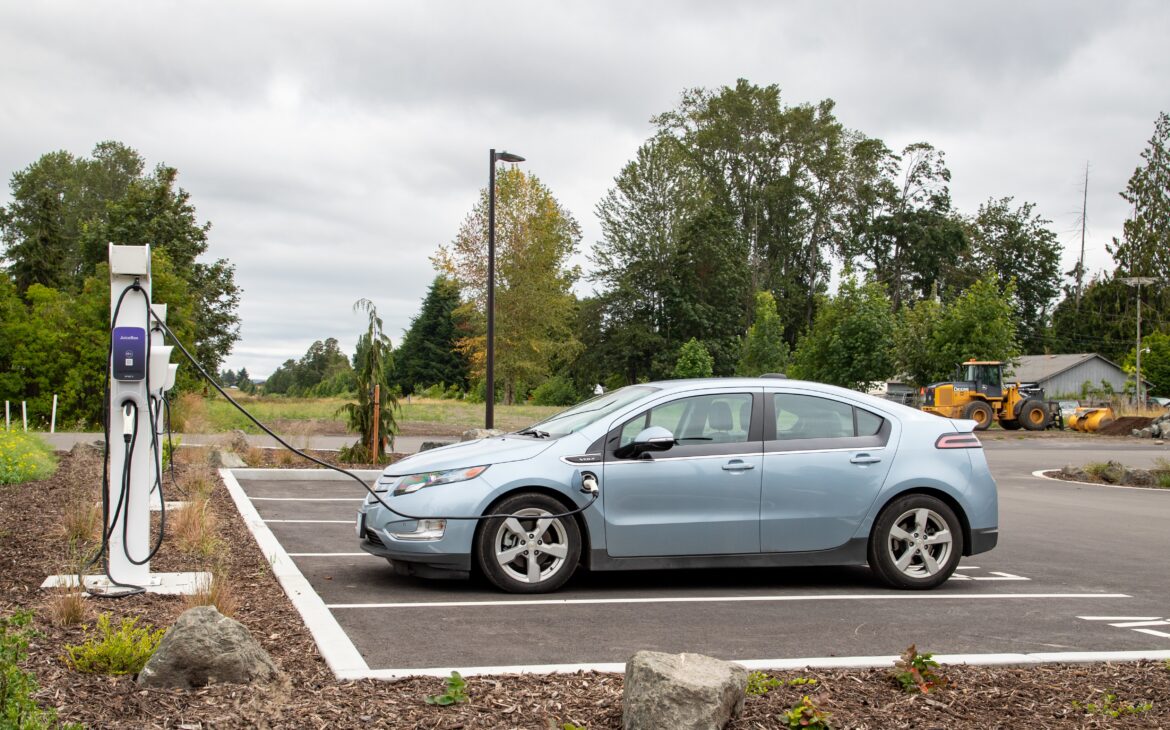
3. Environmental Impact and Sustainability: The Benefits of Electric Vehicles
Reducing Carbon Emissions: Electric Vehicles and Climate Change
One of the most compelling reasons to embrace electric vehicles is their positive impact on the environment. Climate change is no joke, and traditional combustion engines are a major contributor to greenhouse gas emissions. Electric vehicles offer a greener alternative, helping us reduce our carbon footprint and combat the effects of climate change.
Improving Air Quality: Electric Vehicles and Urban Environments
By switching to electric vehicles, we can significantly reduce CO2 emissions and move towards a more sustainable future. And it’s not just about dealing with global warming; EVs also have a positive impact on local air quality. In urban environments, where pollution from cars can wreak havoc on our health, electric vehicles emit zero tailpipe emissions. That means cleaner air, fewer respiratory problems, and a happier planet.

4. Infrastructure and Charging Network: Overcoming the Challenges
Building an Efficient Charging Infrastructure
While electric vehicles may be the way of the future, there are still some hurdles to overcome. One major obstacle is the lack of charging infrastructure. You can’t just plug an EV into any old power outlet and expect it to charge like a smartphone. We need a robust and efficient charging network that caters to the growing number of EV owners.
Fortunately, progress is being made in building charging infrastructure. Governments, companies, and even individuals are investing in public charging stations to make EV charging more accessible. From shopping malls to parking lots, the charging infrastructure is expanding, making it easier for EV owners to keep their batteries juiced up.
Fast Charging Technology: Advancements and Implications
And speaking of keeping batteries juiced up, fast charging technology is another exciting development in the industry. With this technology, you can charge your EV in a fraction of the time it takes to watch a single episode of your favorite TV show. As fast charging becomes more widespread, it will further boost the convenience and practicality of owning an electric vehicle.
So, whether you’re a die-hard petrolhead or a tree-hugging environmentalist, there’s no denying that electric vehicles are here to stay. They offer a cleaner, quieter, and more sustainable way to get from point A to point B. The future of the automotive industry is electric, and it’s looking pretty electrifying, if you ask us.
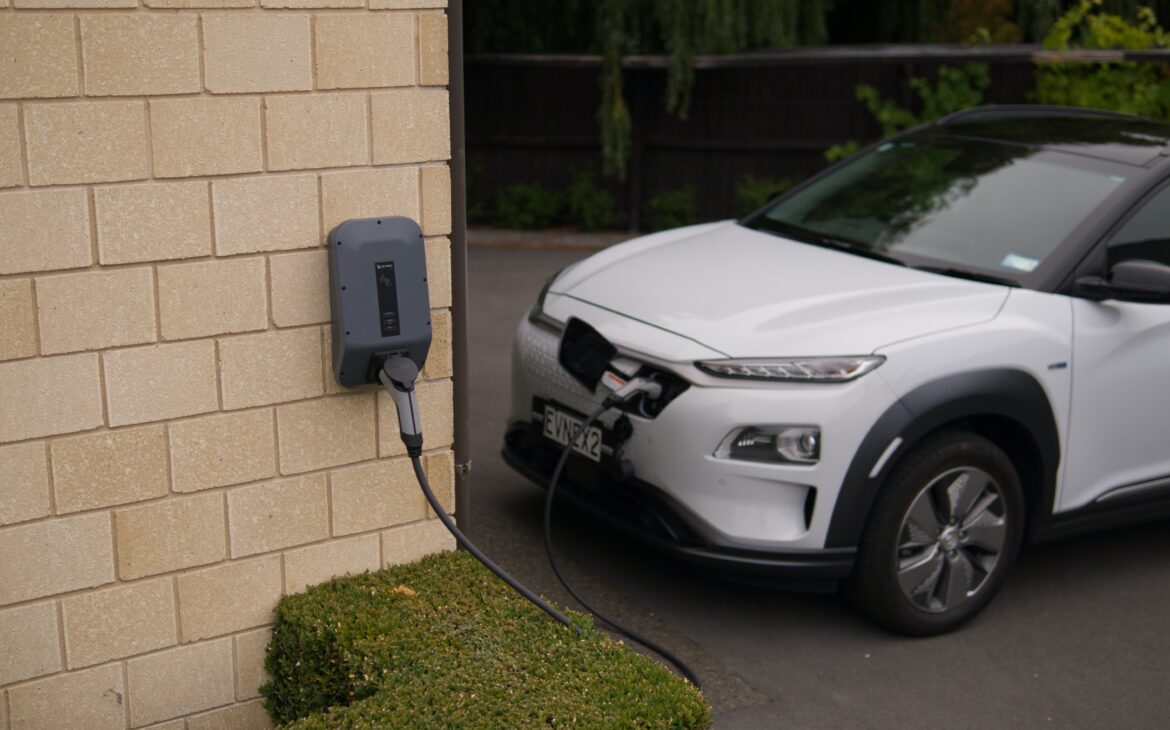
5. Government Policies and Incentives: Driving the Adoption of Electric Vehicles
National and Regional Policies: Encouraging Electric Vehicle Adoption
Governments all over the world are recognizing the importance of transitioning to electric vehicles (EVs) in order to reduce greenhouse gas emissions and combat climate change. National and regional policies are being implemented to encourage the adoption of EVs and create a supportive infrastructure.
Countries like Norway and the Netherlands have set ambitious targets to phase out internal combustion engine vehicles entirely by 2025. They are offering a range of incentives such as tax exemptions, toll discounts, and free parking for EV owners. Other countries are also implementing measures like stricter emissions standards and zero-emission vehicle mandates to drive EV adoption.
Incentives and Subsidies: Promoting Electric Vehicle Purchases
To further incentivize consumers to switch to EVs, governments are offering various subsidies and financial incentives. These can include purchase rebates, tax credits, and grants for EV chargers installation.
For example, in the United States, federal tax credits of up to $7,500 are available for the purchase of new electric vehicles. Additionally, some states offer their own incentives, such as additional tax credits or rebates.
These policies and incentives not only make EVs more affordable for consumers, but they also help spur demand and promote the growth of a sustainable transportation ecosystem.
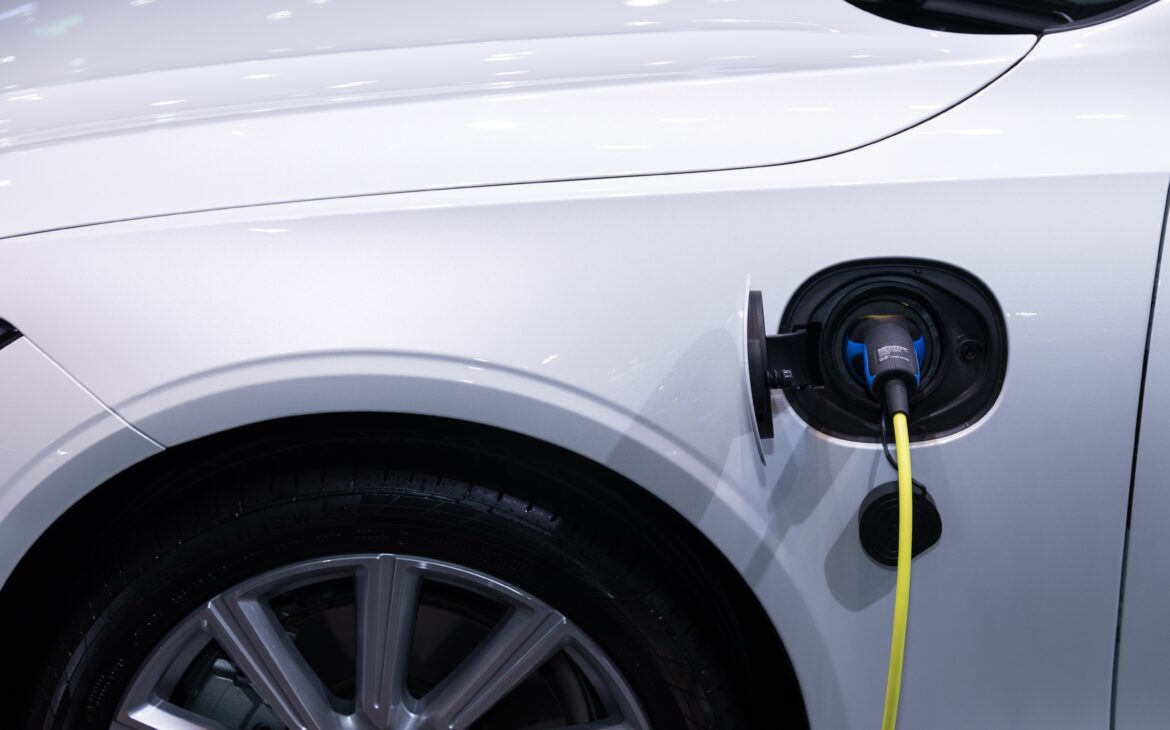
6. Market Trends and Consumer Demand: The Growing Popularity of Electric Vehicles
Consumer Perceptions and Attitudes towards Electric Vehicles
Gone are the days when electric vehicles were seen as niche and impractical. Today, consumers are increasingly drawn to EVs due to their environmental benefits, lower operating costs, and advancing technology.
As climate change concerns continue to rise, consumers are becoming more aware of their carbon footprint and seeking greener alternatives. The zero-emission nature of electric vehicles aligns with these values, making them an attractive option for environmentally conscious individuals.
Moreover, the long-term cost savings associated with electric vehicles, including lower fuel and maintenance costs, are appealing to a wider range of consumers. As battery technology improves, range anxiety decreases, further boosting consumer confidence in EVs.
Market Growth and Projections: The Future of Electric Vehicle Market
The electric vehicle market has experienced significant growth in recent years, and this trend is projected to continue. According to industry forecasts, sales of electric vehicles are expected to skyrocket in the coming decade.
Factors contributing to this growth include advancements in battery technology, expanding charging infrastructure, and the introduction of more affordable electric vehicle models. As major automakers invest heavily in EV development and manufacturing, economies of scale are achieved, making electric vehicles more accessible to the mass market.
Moreover, government policies and regulations aimed at reducing carbon emissions are likely to further drive the demand for electric vehicles in the future.
If you want to build your website in an affordable price contact: www.nextr.in
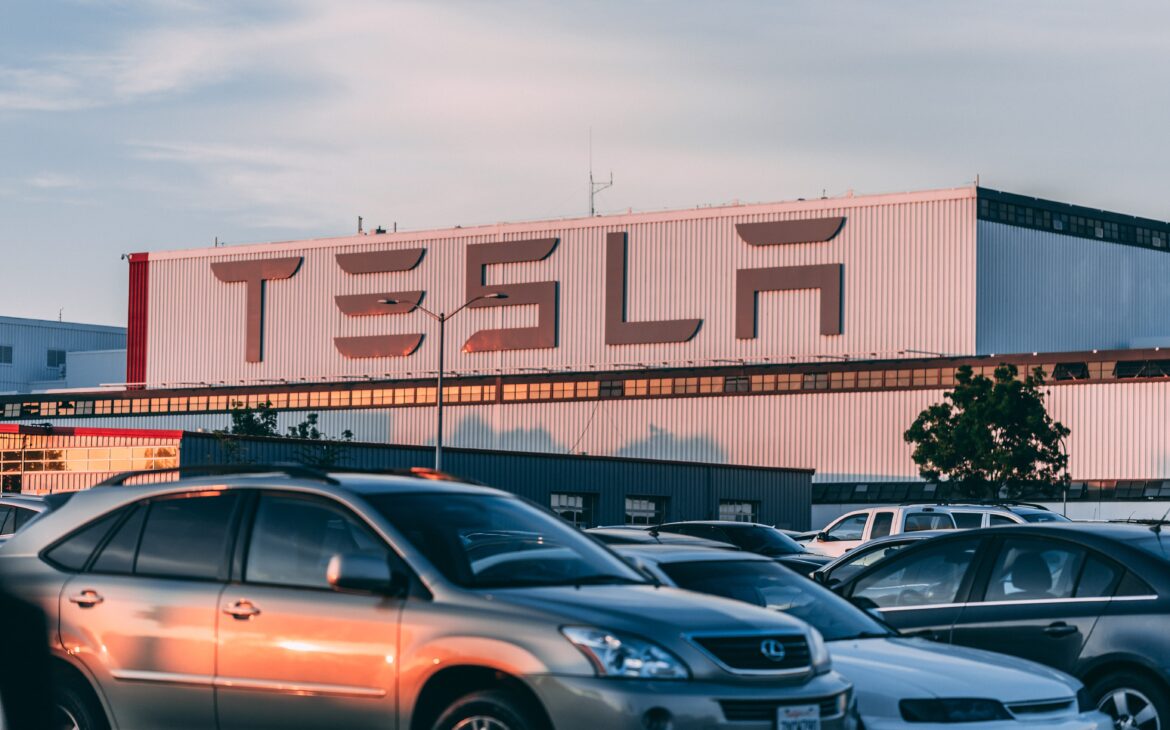
7. Impact on the Automotive Industry: Disruption, Challenges, and Opportunities
Redefining the Automotive Landscape: Electric Vehicles and Traditional Manufacturers
The rise of electric vehicles poses both challenges and opportunities for traditional automakers. Established manufacturers are under pressure to adapt their business models and transition to producing electric vehicles to keep up with changing consumer preferences and government regulations.
At the same time, this shift presents an opportunity for automakers to reinvent themselves and gain a competitive edge in the market. Those that embrace electrification early on and invest in research and development stand to benefit from the growing demand for EVs.
Challenges Ahead: Supply Chain, Manufacturing, and Workforce Transition
The widespread adoption of electric vehicles also brings challenges that need to be addressed. The supply chain for electric vehicle components, such as batteries, is still developing, and ensuring a stable supply can be a hurdle for manufacturers.
Additionally, transitioning from traditional manufacturing processes to producing electric vehicles requires retooling and retraining of the workforce. This presents both logistical and human resource challenges that need to be carefully managed to ensure a smooth transition.
However, as the industry adapts to these challenges, new business opportunities will also emerge, such as the development of charging infrastructure and innovative solutions to optimize the electric vehicle ownership experience.
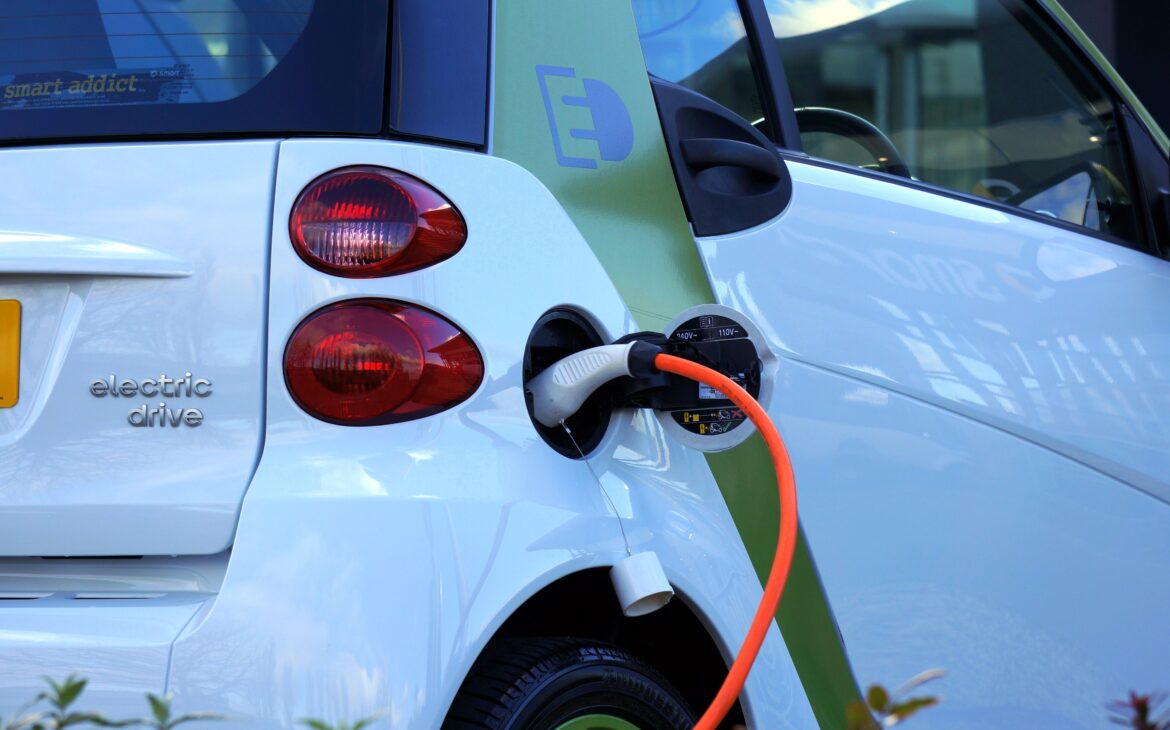
8. The Future of Electric Vehicles: Innovations, Autonomous Driving, and Beyond
Emerging Technologies: Wireless Charging and Battery Innovations
The future of electric vehicles holds exciting possibilities in terms of emerging technologies. Wireless charging, for example, has the potential to make recharging electric vehicles even more convenient by eliminating the need for physical connections.
Battery technology is also evolving rapidly, with advancements in energy density and charging speed. These innovations could significantly improve the range and charging capabilities of electric vehicles, making them even more practical and appealing to consumers.
Autonomous Driving and Electric Vehicles: The Next Frontier
The convergence of electric vehicles and autonomous driving technology represents the next frontier in the automotive industry. As self-driving technology matures, it is expected to be integrated into electric vehicles, creating a transformative transportation experience.
Autonomous electric vehicles have the potential to revolutionize urban mobility, reducing traffic congestion and emissions. They could also provide new opportunities for shared mobility services, making transportation more convenient and efficient.
While there are still technical and regulatory challenges to overcome before widespread adoption, the future of electric vehicles looks promising, with a convergence of innovative technologies driving us towards a greener, smarter automotive industry.
Conclusion
Electric vehicles are no longer just a niche concept but a key player in the future of the automotive industry. With continuous advancements in technology, increasing sustainability concerns, and shifting consumer preferences, the growth and adoption of electric vehicles are poised to accelerate in the coming years. As governments, manufacturers, and consumers alike embrace this clean and efficient mode of transportation, we can expect to witness a profound shift in the way we move and the environmental impact we leave behind. The future of the automotive industry is electric, and the possibilities it holds for innovation, autonomy, and a greener planet are truly exciting.
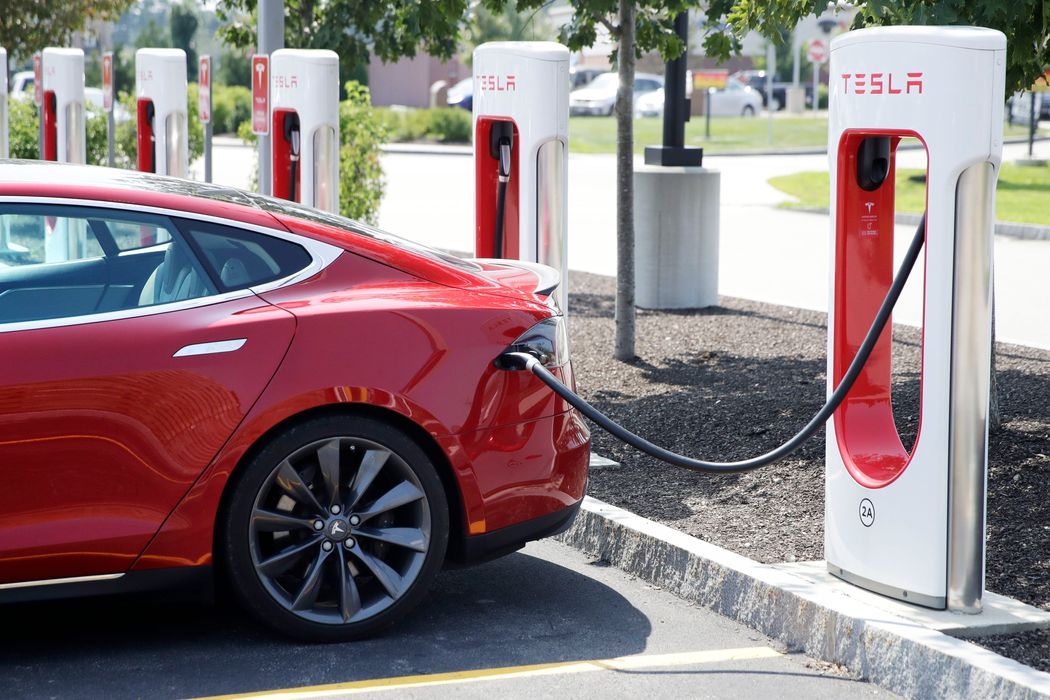
Frequently Asked Questions
1. Are electric vehicles really better for the environment?
Yes, electric vehicles are significantly better for the environment compared to traditional internal combustion engine vehicles. They produce zero tailpipe emissions, reducing greenhouse gas emissions and air pollution. However, it is important to consider the source of electricity used to charge electric vehicles, as renewable energy sources further enhance their environmental benefits.
2. Is the charging infrastructure sufficient for electric vehicles?
While the charging infrastructure has been steadily growing, there are still challenges to overcome. The availability of charging stations varies across regions, and fast charging infrastructure needs further development. However, governments, companies, and organizations are actively working to expand and improve the charging network to meet the increasing demand for electric vehicles.
3. How far can electric vehicles travel on a single charge?
The range of electric vehicles has been steadily improving with advancements in battery technology. Modern electric vehicles typically have a range of 200-300 miles (320-480 kilometers) on a single charge. However, it is essential to consider individual driving habits, environmental conditions, and vehicle models, as these factors can influence the actual range.
4. Will electric vehicles be affordable for the average consumer?
The cost of electric vehicles has been gradually decreasing, thanks to advancements in technology and economies of scale. Additionally, governments around the world offer various incentives and subsidies to promote the adoption of electric vehicles. While electric vehicles may have a higher upfront cost compared to conventional vehicles, the lower operating and maintenance costs, as well as potential fuel savings, can make them cost-competitive over the vehicle’s lifetime.
If you want to build your website in an affordable price contact: www.nextr.in
Read this: 10 Amazing AI Tools To Boost Your Productivity In 2023

















